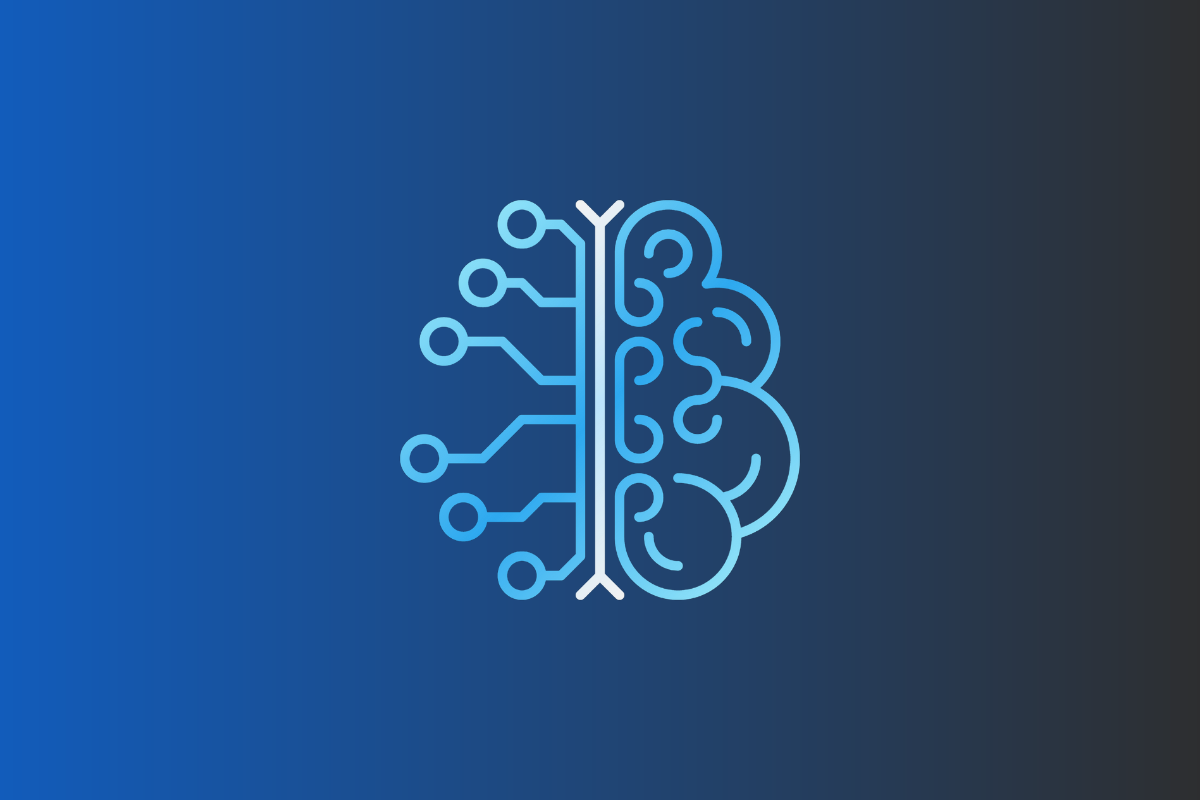Since ChatGPT’s launch in November last year, it has become a global sensation (over 100 million users worldwide) and is fueling an arms race among tech companies in search of the next big artificial intelligence (AI) phenomenon.
In Brazil, authorities have begun quietly acting upon the AI boom. A Senate working group published a report in December, with recommendations on how Brazil should regulate AI. The 900-page text was produced by a group of legal experts, members of academia, companies, and Brazil’s national data protection watchdog, ANPD. They worked under the leadership of Ricardo Villas Bôas Cueva, a member of Brazil’s Superior Court of Justice — the country’s second most senior judicial body.
“In the end, what this committee has produced is practically a library on the subject, which will facilitate discussions [about AI] beyond the bill’s approval,” Bruno Bioni – founding director of Data Privacy Brasil, member of the ANPD council, and one of the experts responsible for the text – told The Brazilian Report.
This debate came after experts and politicians criticized an AI legal framework approved by the House last September. The bill was rushed through the floor with vague language, and some legal experts even considered it more of a “deregulation bill” than a legal framework.
The extensive text the commission presented to the Senate brings together several recommendations and outputs in a proposal with three main focal points: citizens’ rights, the categorization of risks, and the governance measures and administrative sanctions that must be activated when the regulation is not adhered to.
The expectation is that people must be informed when they are interacting with artificial intelligence systems, be provided with an explanation of all decisions and recommendations the system provides, and have the right to contest provisions if they have legal consequences or significantly impact their interests.
In addition, people are entitled to “non-discrimination and correction of direct, indirect, illegal, or abusive discriminatory biases” and to the privacy and protection of their personal data under the “pertinent legislation.”
The second focus is on the definition of the degrees of risk that AI systems pose to Brazilian society. The examples that appear in this classification can be changed or expanded over time with the emergence of new technologies...


 Search
Search






































